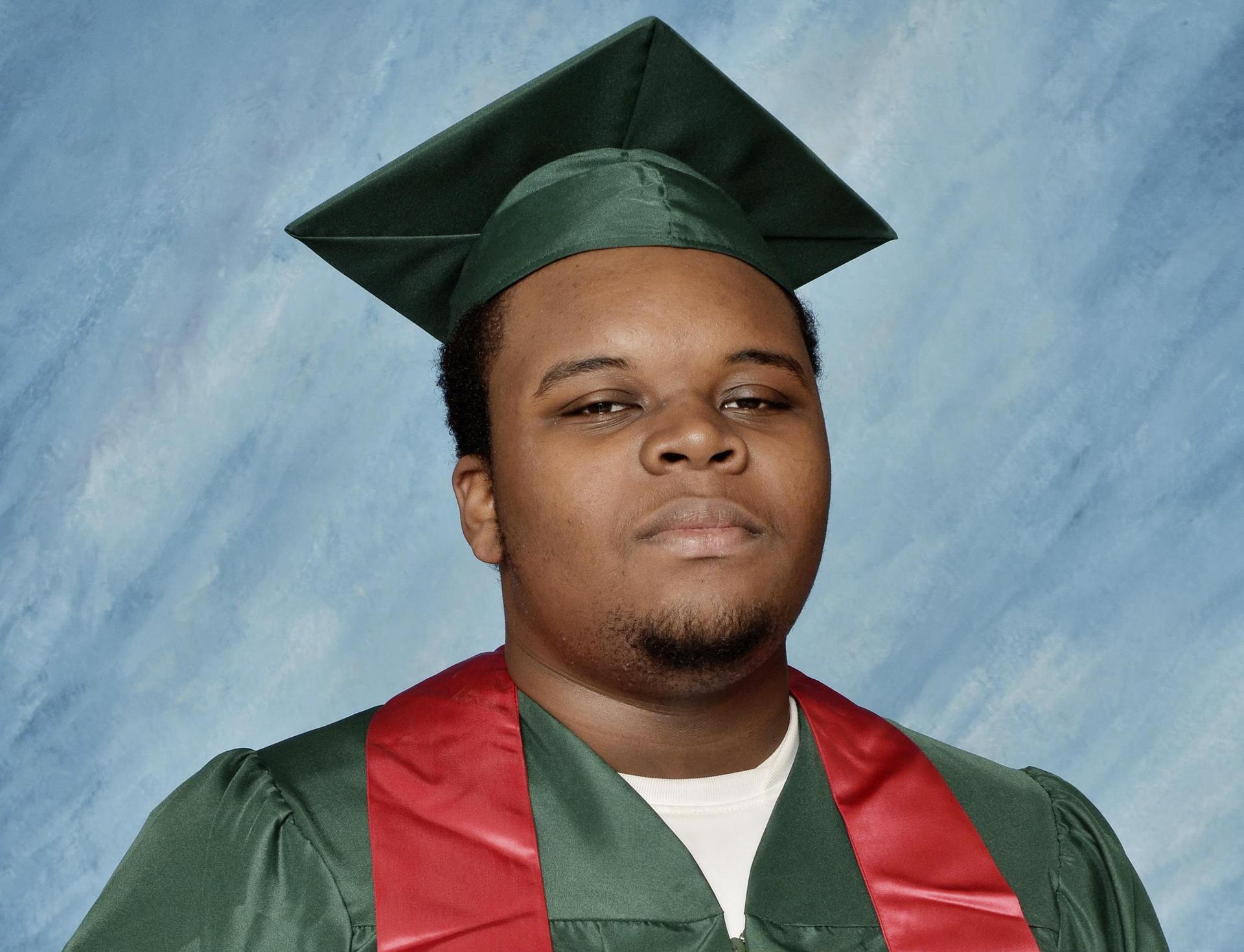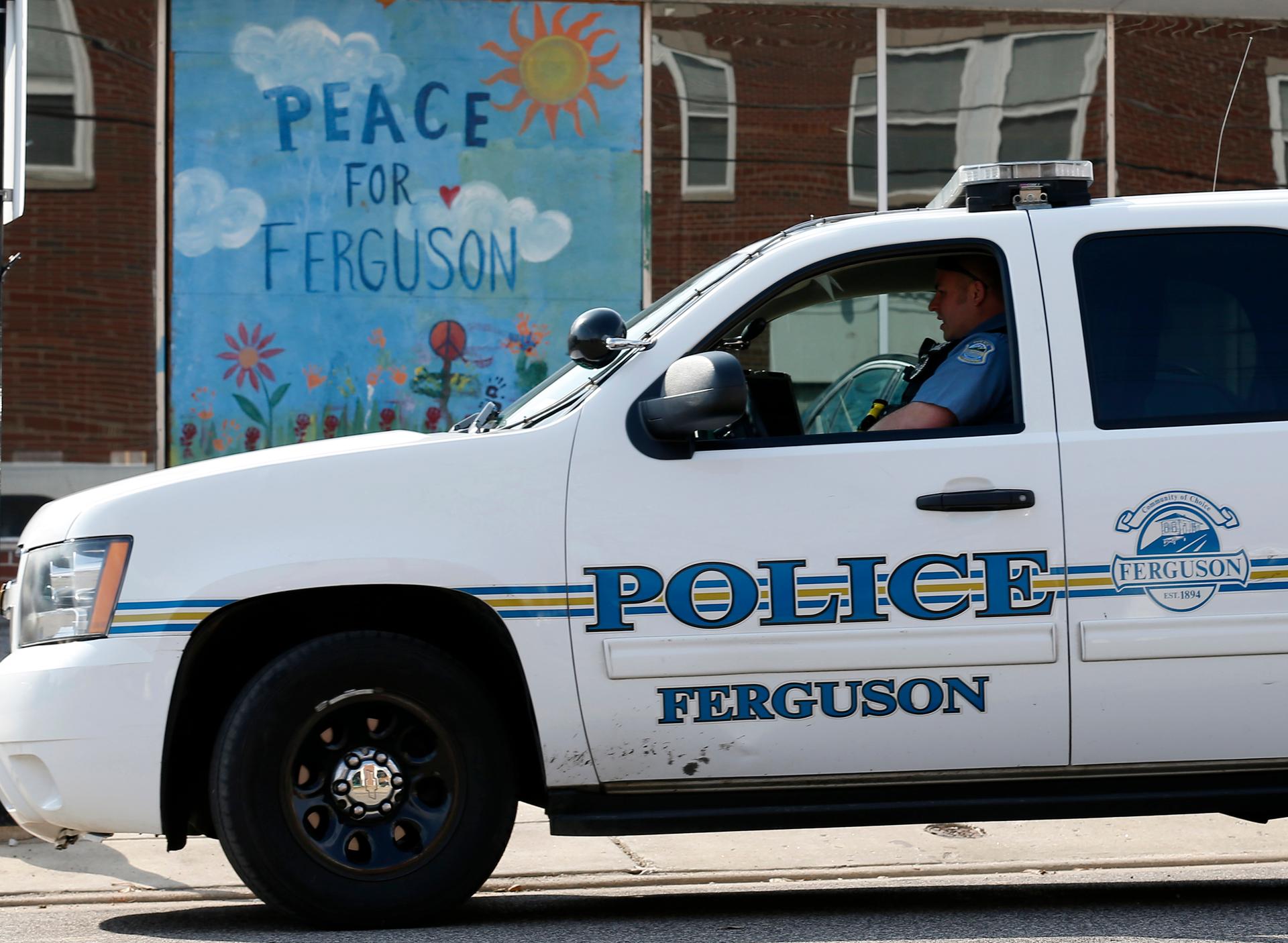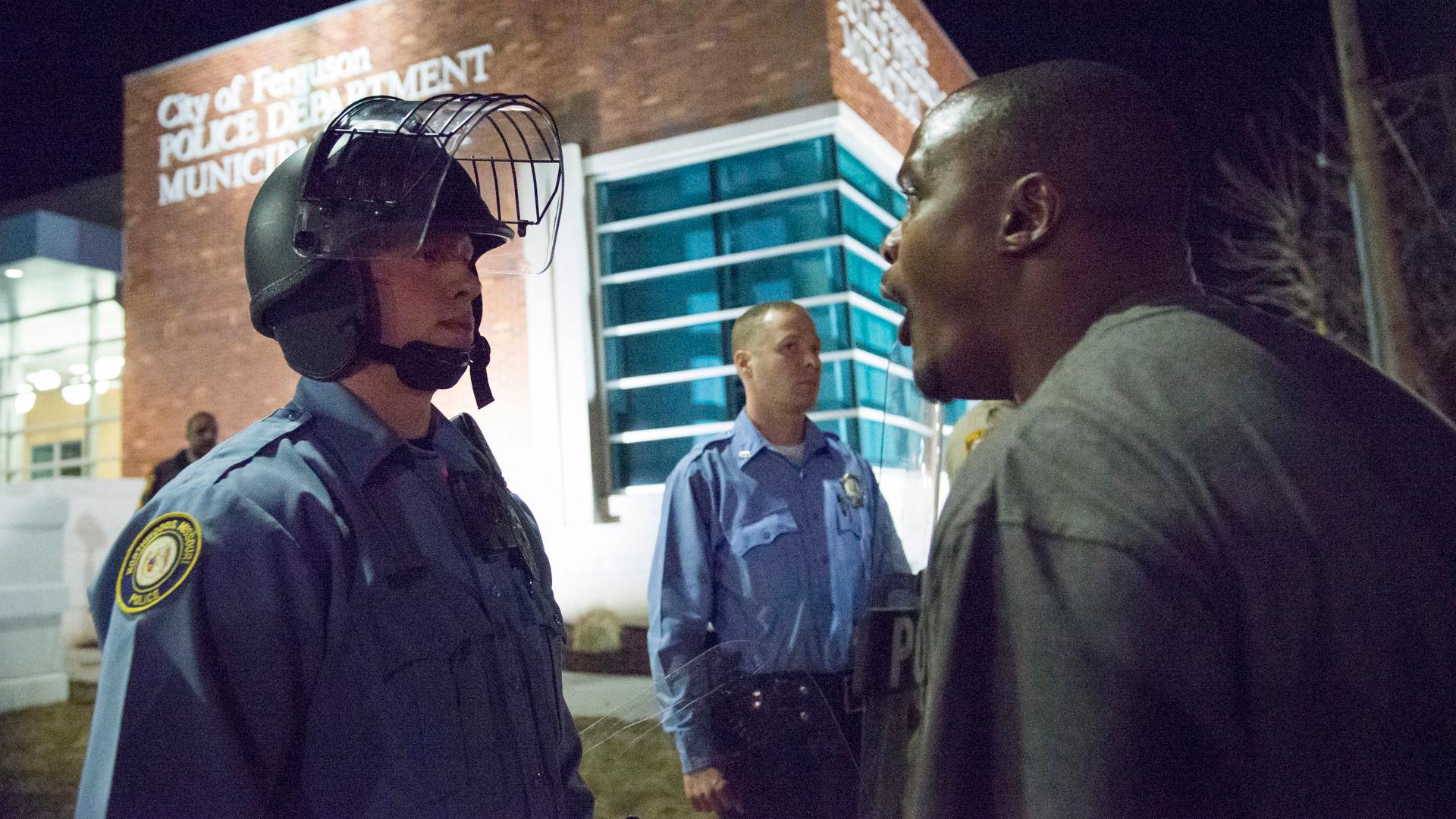Ferguson
We want to hear your feedback so we can keep improving our website, theworld.org. Please fill out this quick survey and let us know your thoughts (your answers will be anonymous). Thanks for your time!
Black communities in England know what Ferguson is going through
In 1981, uprisings broke out in communities all throughout England, with poverty and heavy-handed policing to blame. If that sounds familiar to you, black Britons who remember the riots also see similarities in how the US and UK treat minority communities.
A Middle East correspondent sees familiar clashes unfold in Ferguson
Correspondent Daniel Estrin often files stories for us on the violent outbreaks in Jerusalem and the West Bank. But when he returned home to visit his family in St. Louis, he found himself watching all-too-familiar scenes play out just minutes from his home.
Here’s why you should care if you don’t have any black friends
The conversation about events in Ferguson involves race, but maybe not in the way you think. While a new study showed that most white Americans don’t have non-white friends, many people say it shouldn’t be taken as an indicator of personal racism but rather large-scale issues that deserve the real attention.
After Ferguson, one woman urges her fellow African immigrants to see themselves simply as black
The unrest this month in Ferguson, Mo., has many Americans thinking about where we are as a country when it comes to race. One Ethiopian-American writer is urging her fellow African immigrants to be “Ferguson strong” and identify closely with African Americans.
Actress Anna Deavere Smith, who created a play based on the 1992 LA riots, reflects on modern racial tension in Ferguson
Anna Deavere Smith went to Los Angeles just weeks after the 1992 Los Angeles riots ended — after the media moved out but before the healing really even began. She made a play about the factors contributing to the riots — and she’s been outspoken about issues of race and equality to this day.
Subscribe to The World’s Latest Edition podcast for free using your favorite podcast player:


